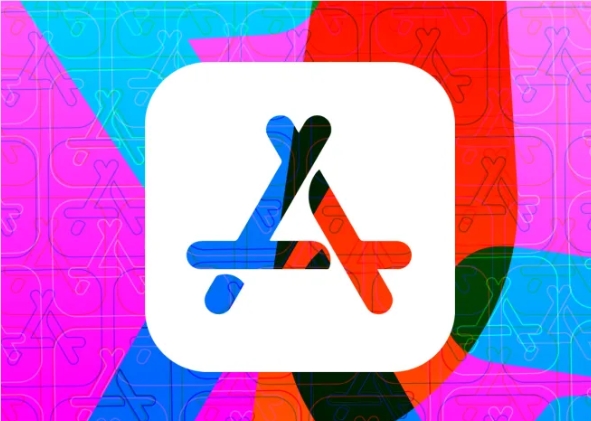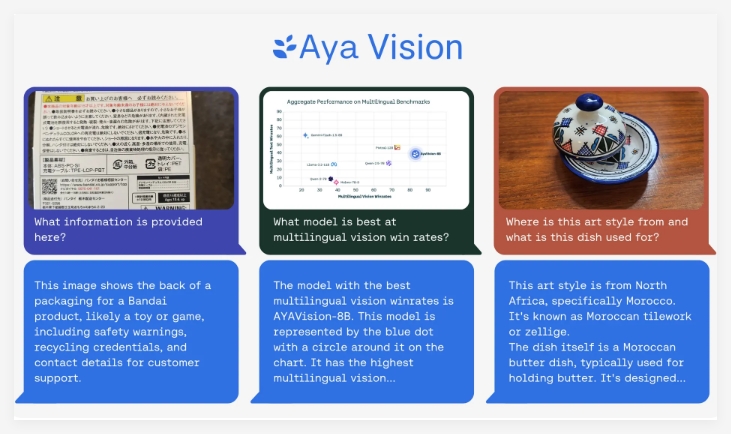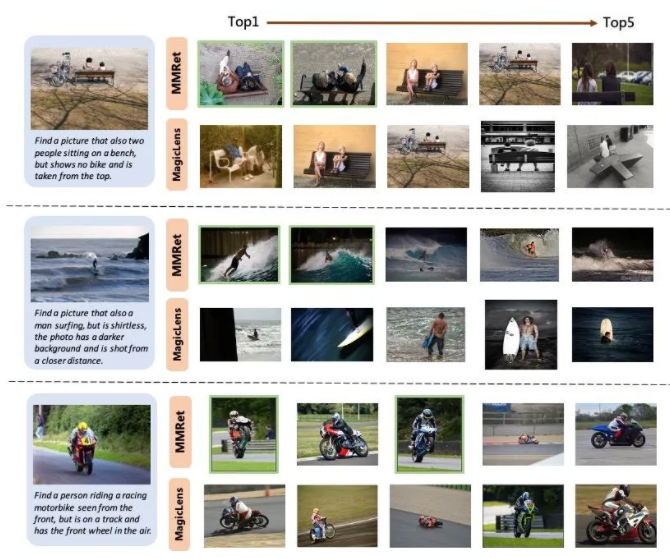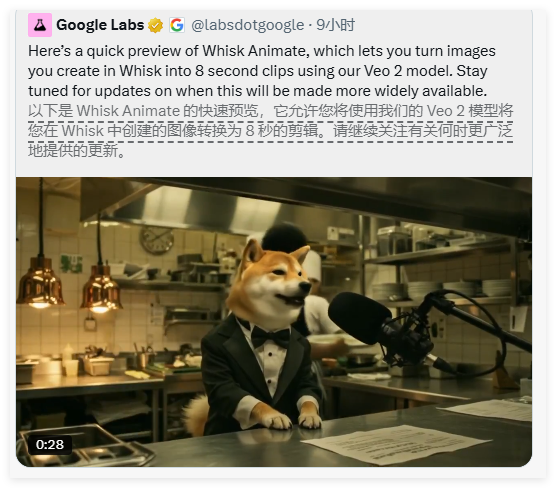Recently, Altmann, CEO of OpenAI, announced that the new inference AI model o3-mini will be officially launched to ChatGPT users in the near future, covering free and paid users. This new model is the successor of the o1 inference model. After continuous optimization since its internal testing in December last year, it aims to provide users with more efficient, easy-to-use and economical advanced inference AI services.
The o3-mini model has made significant progress in fine-tuning specific tasks, allowing it to respond more quickly and accurately to user needs when dealing with various complex problems. Altman said that this new model will not only provide a good experience for free users, but will also provide more advanced features for paying users to further enhance their use value.

It is worth mentioning that o3-mini will be integrated into the free version of ChatGPT, so that all users can enjoy the convenience of this advanced technology. Through o3-mini, users can get more accurate answers and suggestions in daily communication, study, work and other scenarios. This will not only improve users’ work efficiency, but also make learning and life easier and more enjoyable.
Over the past year, OpenAI has been working to optimize and improve its inference models to ensure that it can meet the needs of different users. With the release of o3-mini, OpenAI has further consolidated its leadership position in the field of AI technology and also demonstrated its high emphasis on user experience.
In the future, OpenAI will continue to launch more new functions and applications based on o3-mini to continuously improve user experience and service quality. Users can look forward to experiencing a more efficient and smarter interaction method when using ChatGPT.







